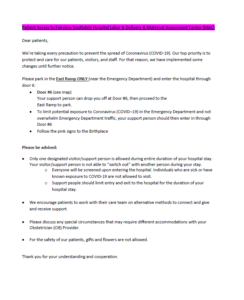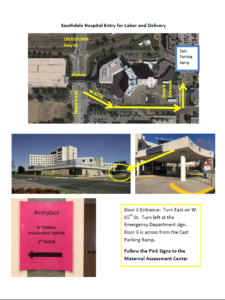LH TESTING WITH OVULATION PREDICTOR KITS
Accurate basal body temperatures can often predict the time of ovulation within a few days. Unfortunately, the prediction is only approximate and can vary significantly. Development of LH ovulation predictor kits has allowed a more accurate prediction of ovulation. This is done by detecting LH (luteinizing hormone) in the urine just prior to ovulation. As the follicle develops within the ovary and approaches maturity, it releases chemical and hormonal messengers into the blood stream that are carried to the brain and pituitary gland. When the brain and pituitary gland detect the appropriate amount of these messengers, they determine that the follicle and its egg are ready for ovulation. The brain and pituitary gland then release a sudden pulse of a hormone called LH (luteinizing hormone) into the bloodstream. This event is called the “LH surge.” The LH travels by way of the bloodstream to the ovary and causes a chemical change in the wall of the follicle that will result in its rupture and egg release. Egg release usually occurs between 12 and 36 hours from detection of the LH surge. The LH surge may be short lived and may last no more than 12 to 24 hours. The LH is picked up rapidly from the bloodstream by the kidneys and excreted into the urine. Thus daily testing of the urine for the presence of LH will detect the “LH surge.” Prior to ovulation the amount of LH in the urine will be small or undetectable. As ovulation approaches, the amount of LH in the urine may increase. On the day of maximum LH release (day of LH surge) the LH test should result in a “positive test” as determined by the LH ovulation predictor kits. The detection of the LH surge by urinary testing will predict ovulation within the subsequent 12 to 36 hours.
The prediction of ovulation prior to its actual occurrence can be an obvious advantage in helping couples time intercourse or for timing certain tests and procedures. They are an over-the-counter (nonprescription) item and insurance coverage is variable. We recommend Clear Blue ovulation predictor test kits. We recommend that you begin testing approximately 2 or 3 days prior to the expected date of ovulation and continue testing until the LH surge has been detected (number of kits you use may vary). During a cycle study in which you are having follicle ultrasounds, we will instruct you when to begin LH testing. Any left over tests in the kit can be saved for use in the following cycles. We recommend testing your urine on a sample obtained in the early morning, preferably before 12:00 noon, to assist you in appointment scheduling. Your urine should be concentrated by limiting uid intake for at least four hours prior to obtaining the urine sample. It is important that the urine and any of the test material be warmed to room temperature before the test is performed. If you are unsure of your LH test result, please repeat your LH test again in 3-4 hours. If you are still unsure, please contact your provider at 952-806-0011.


